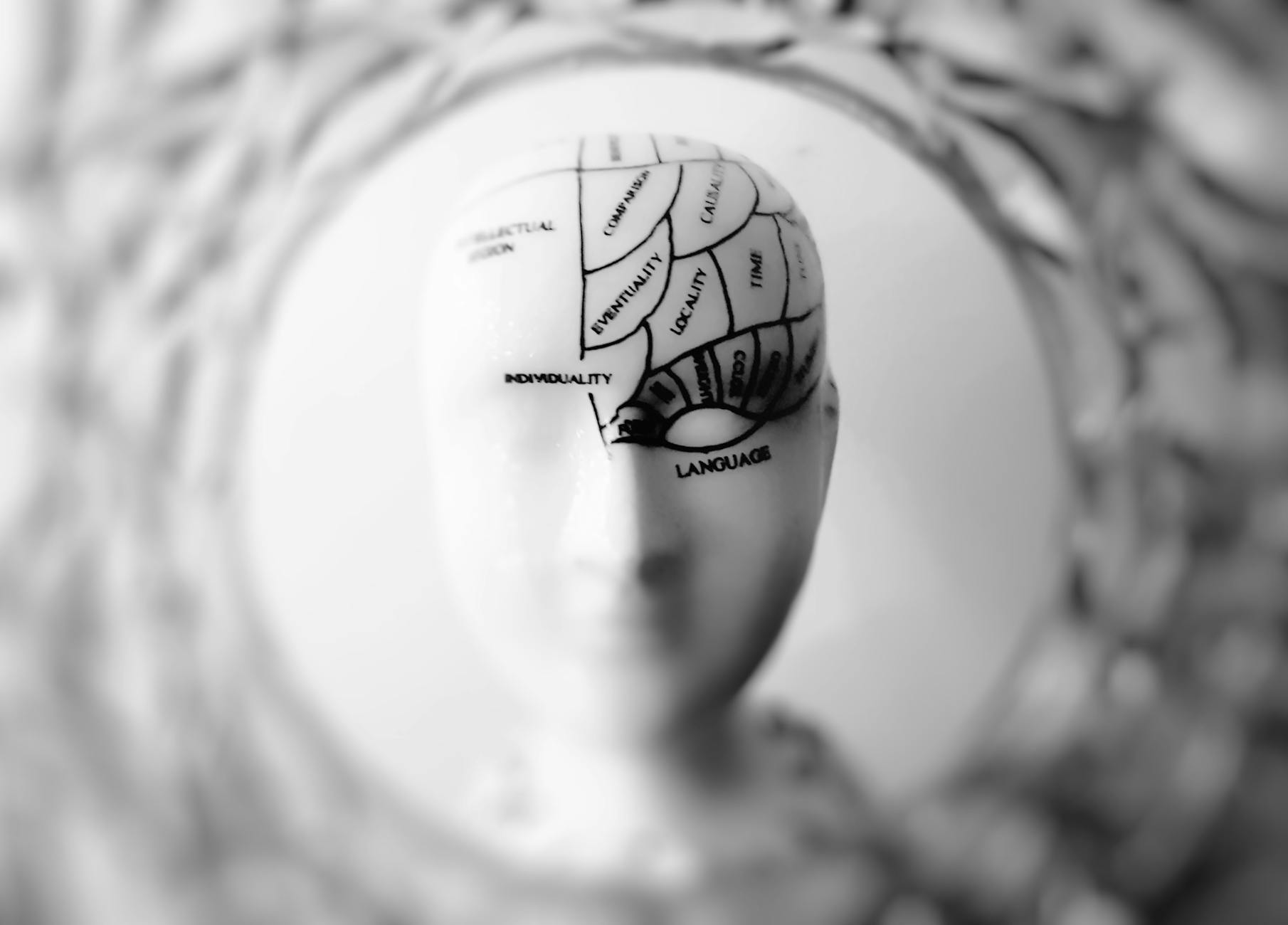Surprising Facts About the Human Brain
The human brain is a living paradox. It weighs about three pounds and is soft as firm jelly, yet it runs everything you do—from walking to solving puzzles to feeling love or sadness. This tiny organ shapes every second of life. Scientists keep discovering new things about it, often turning our old ideas upside down. These facts will surprise you, inspire wonder, and maybe change how you think about yourself and others.
Unbelievable Physical and Functional Features of the Human Brain

The brain may seem small, but it packs incredible power. It's built to work constantly, even while you sleep or daydream. Here are some facts that will change how you see the world inside your head.
The Brain: Mostly Fat, Always Working
You might not guess it, but about 60% of your brain is fat. It’s the fattiest organ in the body. This fat isn’t excess weight—it insulates nerves, boosts electrical signals, and protects your thoughts, memories, and movements. Your brain never really rests. Even when you sleep, it’s working behind the scenes, repairing cells and making sense of the day. That’s why a good night’s rest isn’t a luxury—it’s essential for learning and feeling sharp. According to Northwestern Medicine, having enough sleep gives your brain time to heal, while sleep loss leads to forgetfulness and foggy thinking.
If you're curious about how the brain uses sleep for repair, 11 Fun Facts About Your Brain sheds even more light.
Billions of Neurons and Synapses
Imagine standing in the middle of a bustling city, where everyone’s talking at once. The brain is even busier. It holds around 86 billion neurons, which are nerve cells that carry signals. These aren’t just isolated wires—they connect at points called synapses, and there are up to one quadrillion synapses.
Each connection is like a tiny switchboard. Together, they form networks tighter than the world’s greatest computer grid. The complexity of the brain’s wiring lets you read, dream, dance, and remember your grandma’s cookies—all at the same time.
Powering a Lightbulb and Beyond
It might shock you to learn that your brain uses about 20 watts of power at any given time. That’s about the same as a dim lightbulb. Yet, it’s busy enough to handle every heartbeat, every breath, every emotion.
Think of it: the same electricity that keeps a small lamp glowing also lets you read, laugh, and solve math problems. Scientists still marvel that so much happens with so little energy. For more quirky facts like these, check out 10 fun facts about your brain.
Remarkable Brain Development, Plasticity, and Memory
As you grow up, your brain does amazing things. It shapes who you are, learns from every experience, and even adapts to big changes in life.
A Brain That Grows and Changes
The human brain starts growing before you’re born and keeps maturing through your mid-20s. The prefrontal cortex, behind your forehead, is the last to develop. This area handles planning, risk-taking, and decision-making, so it’s no wonder teens sometimes act on impulse!
Even as adults, your brain keeps changing—a quality called plasticity. This lets you learn new skills, recover from setbacks, or even rewire after injury. Some parts of your brain can even grow new cells. This ability to adapt doesn’t stop unless you stop using your mind.
For another resource on how your brain grows and adapts, 22 Facts About the Brain | World Brain Day has a great collection.
How the Brain Stores—and Forgets—Information
Your brain’s memory system is more impressive than any hard drive. Scientists estimate it could store about 2.5 petabytes of data. That’s enough to record every episode of your favorite TV show and then some.
But here’s something wild—forgetting is just as important as remembering. Your brain filters out useless details, keeping room for what matters. Every day, you churn through thousands of thoughts. Some get saved, some get tossed, like sorting mail. Without this “housekeeping,” your mind would be cluttered with junk.
The Science of Neurogenesis and Brain Health
Until recently, experts thought adults couldn’t grow new brain cells. We now know that's wrong. Neurogenesis—the birth of new neurons—happens as long as you stay active and healthy. Exercise, learning new things, and reducing stress help your brain make new connections.
Want to keep your mind sharp? Move your body, eat well, stay curious, and sleep well. These habits keep your brain young, and may help protect against memory loss and conditions like Alzheimer’s. Try adding more leafy greens, social activities, and puzzles to your day for a brain boost.
Conclusion
Your brain is more than a control center. It’s a living library, a builder of dreams, and the force behind every word, smile, and skill. Every fact uncovered by scientists just proves how much more there is to learn. Take care of your mind with sleep, movement, and curiosity. Appreciate every memory, every good idea, and every lesson—you’re living proof of how extraordinary the human brain can be. Stay curious. Keep learning. Your brain’s ready for it.
Comments
Post a Comment